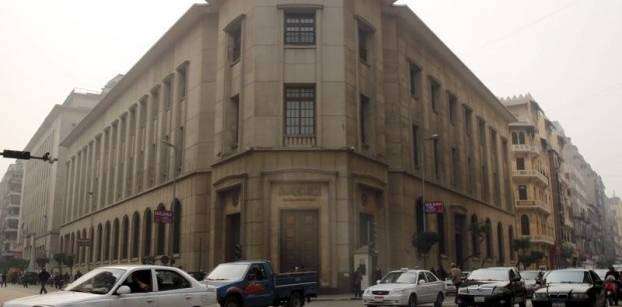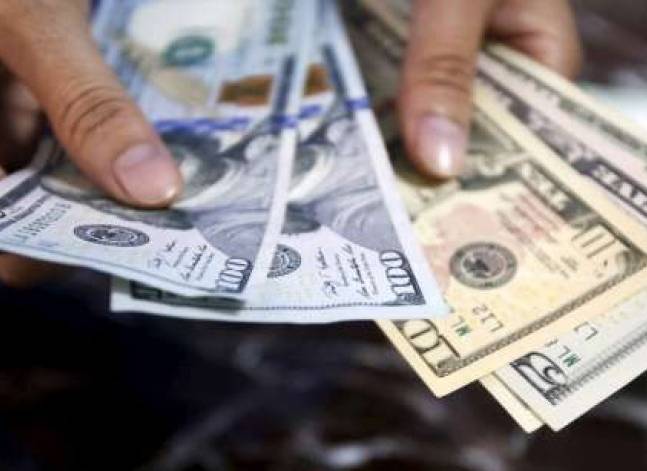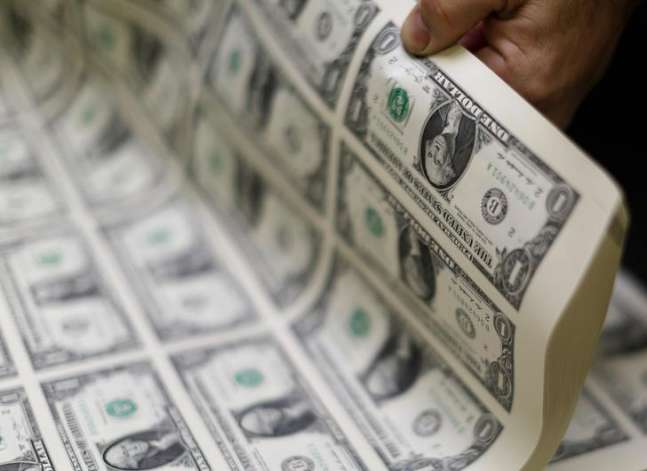Latest NEWS
- Aswat Masriya, the last word
- Roundup of Egypt's press headlines on March 15, 2017
- Roundup of Egypt's press headlines on March 14, 2017
- Former Egyptian President Hosni Mubarak to be released: lawyer
- Roundup of Egypt's press headlines on March 13, 2017
- Egypt's capital set to grow by half a million in 2017
- Egypt's wheat reserves to double with start of harvest -supply min
- Roundup of Egypt's press headlines on March 12, 2017
Egypt devaluation positive, higher inflation foreseen – Fitch
CAIRO, Mar 21 (Aswat Masriya) – Fitch Ratings said on Monday that further inflation is expected in Egypt as the country stumbles through "a difficult year of slower growth, high inflation and large financing needs" following a currency devaluation last week.
The Central Bank of Egypt (CBE) devalued the currency by 14.5 per cent against the US dollar on Monday. Two days later, it raised the Egyptian pound by 7 piastres, to reach EGP 8.78 against the dollar.
Fitch viewed the CBE's decisions as "credit positive", however further measures are still expected as the CBE faces a declining stock of foreign reserves, and a widening trade deficit due to "insecurity" and "political uncertainty".
The monthly inflation rate had climbed by 1.1 per cent in February compared to the month before, triggered by a hike in prices of rice, poultry, vegetables, sugar, oils and water. However, the annual inflation rate decreased from 10.7 per cent in Jan. to 9.5 per cent in Feb.
The CBE said it targets an inflation rate that does not exceed 10 per cent in the medium term to maintain the pound's purchasing power.
Prime Minister Sherif Ismail stated on Saturday that the government plans to push inflation down to 9 per cent. The cabinet is scheduled to present its programme to the parliament on Mar. 27.
Regarding inflation, Fitch said that the weaker exchange rate would likely lead to higher inflation. It added that if government plans to depart from the sales tax and implement VAT (value added tax), that could put "upward pressure" on prices.
Hence, Fitch added that it came as no surprise that the central bank raised key interest rates following the devaluation, which is a method intended to "anchor inflation expectations."
On Thursday, the central bank's Monetary Policy Committee (MPC) raised key interest rates by 1.5 per cent (150 basis points).
The MPC raised the overnight deposit rate to 10.75 per cent from 9.25 percent and raised the overnight lending rate from 10.25 per cent to 11.75 per cent, according to a statement.
Following the devaluation decision, the CBE stated that it would start adopting a more "flexible" exchange rate policy with the aim of "restoring regular and sustainable foreign exchange trading within the banking system."
Although the CBE was not clear about what a"flexible" exchange rate policy means, Fitch states that inflation will be the "central consideration".














